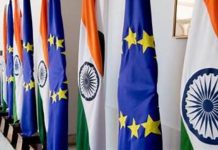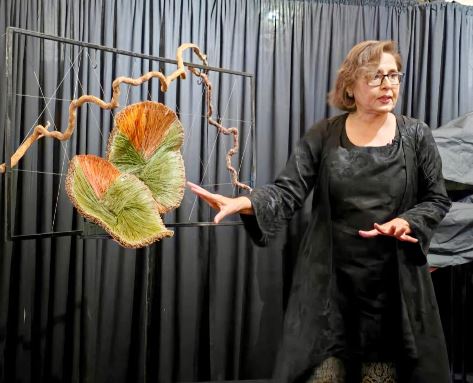Mamnoon Hussain, the candidate of Pakistan Muslim League-Nawaz (PML-N), was elected on July 30, 2013 as the 12th President of Islamic Republic of Pakistan for the next five-year term. Hussain secured 432 electoral votes from Parliament, Sindh, Balochistan and Khyber Pakhtunkhwa assemblies, while his opponent PTI candidate Wajihuddin Ahmed secured 77 votes. Chief Election Commissioner Justice ® Fakharuddin G Ebrahim while announcing the results told that total number of valid votes was 1124 out of which 887 voters actually cast their votes. 09 votes were declared invalid so valid votes cast was 878.
With the election of the President another democratic milestone has been achieved. Nevertheless, boycott from PPP and ANP on the grounds that the apex court and the election commission had shown ‘partiality’ by accommodating PML N leader Raja Zafarul Haq’s petition seeking early election of the President. Raja Zafarul Haq, as the PPP leaders say, was neither a candidate nor the affected party therefore he had no locus standi to challenge the election commission decision. Anyhow, all said and done. The election is now taken place putting Mamnoon Hussain in the saddle.
PTI Chairman, Imran Khan admired the decision of Pakistan People’s Party and its allies to boycott polls. However, he had announced that his party would go into the presidential election under protest. “We don’t want to leave the field open for PML-N,” said Imran. However Imran Khan was rendered speechless when a question was put to him during a media talk that PTI participation has given legitimacy to the presidential election. Imran Khan could not say anything to this question.
Opposition PPP along with ANP boycotted the election process. From the face of it, the PPP was not happy with the Supreme Court decision rescheduling the original election date of August 06 set by the Election Commission of Pakistan. While there appears a vast majority of people that seems eye to eye with PPP stand point, a major chunk still believes the Opposition should have approached the Supreme Court for relief. In any case the boycott of PPP has made the presidential election controversial because according to critics Sindh province did not give mandate to the new President.
Theoretically speaking PPP boycott did not make any difference because the PML N candidate returned to presidency with a thumping majority however practically speaking the boycott has in fact set the basis for govt-opposition rift, which if not mended, is likely to cause serious problems. It was because of this boycott that PML N had to make rather a difficult decision to contact MQM for their support in the presidential election.
Though PPP boycott is not going to make any impact however it seems to have set basis for govt-opposition confrontation in the coming days. The govt is to appoint Chairman NAB and now after resignation of Fakhruddin G Ebrahim new chief election commissioner will have to be appointed as well. So all these constitutional posts are to be filled in consultation with the opposition therefore if the N govt does not mend fences with the opposition it will certainly face difficulties while making these appointments.
There is a popular view in the country and abroad as well that President and Prime Minister from the same party may not set health precedent besides giving too much power to the ruling party to manipulate things in its benefit. The same apprehensions were expressed when President Zardari was to be installed as the President. The way former government and especially the President conducted himself gave birth to many a controversy. Let us hope PML N will learn from that experience.
President and Prime Minister from the same party is not a new phenomenon. We have seen this model working rather effectively in Turkey. Even in Turkey when Abdullah Gul was to be made President there was huge hue and cry from the opposition and even the matter was taken to the superior courts of Turkey. Under the leadership of Turkish duo Turkey has made progress by leaps and bounds. Of course dissenting voices are always there and there is a quite good number of people that thinks the Erdogan government has not done enough in terms of political and economic stability of the country.
The President’s office has virtually been rendered ineffective in Pakistan after President Zardari voluntarily surrendered all his powers, especially the power to dissolve the assemblies. The President-elect has vowed to take all parties on board while discharging his duties. Likewise he will also abdicate all his party offices, which again is a good sign. Let us hope and pray these appointments bring peace and prosperity to the people of Pakistan, who, even after passage of 65 years, are still waiting for resolution of their problems.











